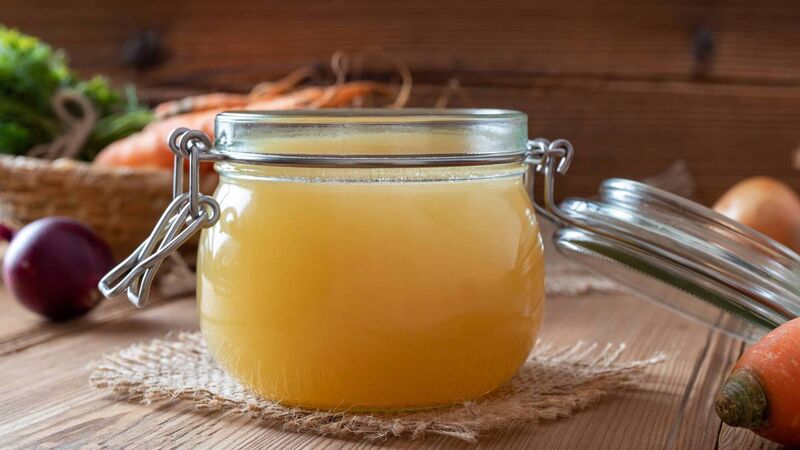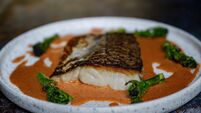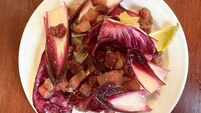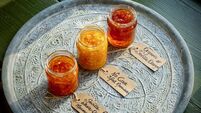Caitríona Redmond: Save money when cooking a chicken by making your own stock

If I was to use lots of lemon or flavoured herbs when roasting the bird, I would end up with an awful stock.
Where's the best place to get your food and save money each week?






